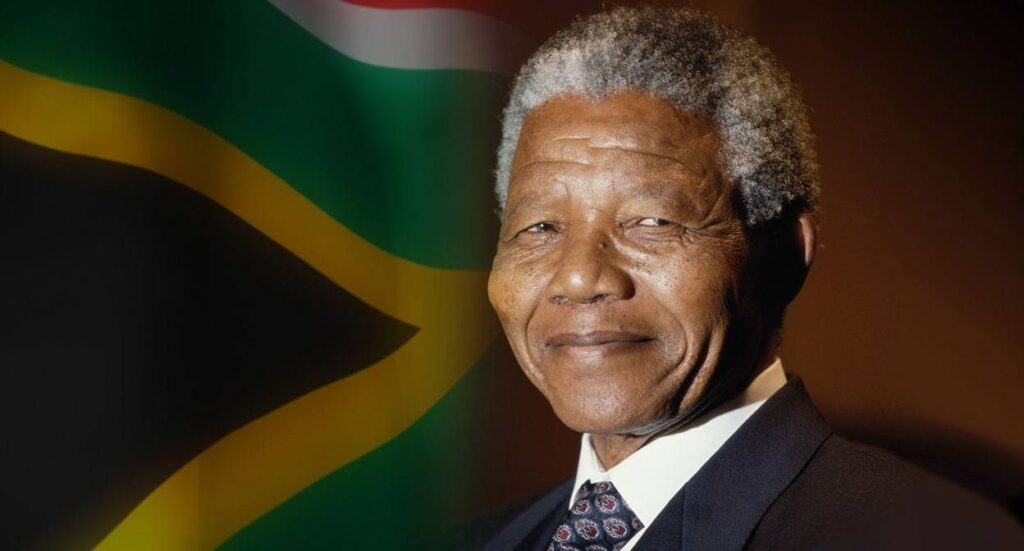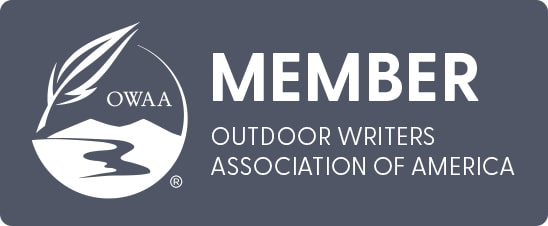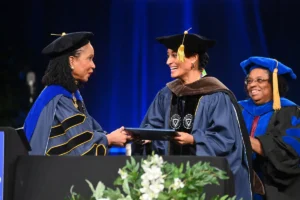
Unconventional Leaders in History: Insights from Non-Traditional Figures
History is enriched not only by conventional leaders who ascend through traditional routes to power but also by remarkable individuals who defy norms to leave lasting impressions on society. This article explores the narratives of unconventional leaders and the invaluable lessons they offer for contemporary leadership.
Defining Unconventional Leadership
Unconventional leaders emerge outside the standard leadership paradigm. They often lack formal authority or traditional backgrounds yet demonstrate leadership through innovation, actions, and influence.
1. Nelson Mandela: A Testament to Inclusive Leadership
Nelson Mandela’s journey from anti-apartheid revolutionary to South Africa’s first Black president epitomizes inclusive and empathetic leadership. Despite enduring 27 years of imprisonment, Mandela demonstrated that authentic leadership can be characterized by compassion and forgiveness. His commitment to reconciliation highlights the importance of unity and empathy in creating meaningful social change.
2. Harriet Tubman: A Model of Courageous Leadership
Harriet Tubman, born into slavery, became a pivotal figure in the Underground Railroad, courageously leading numerous enslaved individuals to freedom. Her tenacity and strategic insight exemplify transformative leadership, reinforcing that genuine leadership often entails taking significant risks for the greater good.
3. Hedy Lamarr: The Dual Innovator
Hedy Lamarr, celebrated primarily as a Hollywood actress, was also a brilliant inventor. Her development of frequency-hopping technology during World War II laid the groundwork for modern wireless communication systems, including Wi-Fi and Bluetooth. Lamarr’s dual identity challenges stereotypes and underscores the importance of recognizing and nurturing diverse talents.
4. Rosalind Franklin: A Pioneer Behind the Scenes
Rosalind Franklin played an integral role in elucidating the double helix structure of DNA, yet her contributions were often overlooked during her lifetime. As a leader in scientific research, Franklin’s dedication amid professional challenges exemplifies the importance of persistence and integrity, showing that impactful contributions can emerge from behind the scenes.
5. Frida Kahlo: Artistic Expression as Leadership
Frida Kahlo utilized her art to confront societal norms, addressing issues of gender and cultural identity. Her work reflected personal and collective struggles, showcasing the power of authenticity and vulnerability in leadership. Kahlo teaches us that emotional intelligence and personal experience can serve as profound tools for connection and influence.
Conclusion
The narratives of these unconventional leaders emphasize that effective leadership transcends traditional roles and paths. They inspire us to challenge norms, recognize diverse leadership styles, and appreciate that impactful leadership frequently arises from unexpected experiences and backgrounds. As we navigate our leadership journeys, let us draw on the insights of these historical figures, embracing unconventional paths and encouraging meaningful change within our communities.











